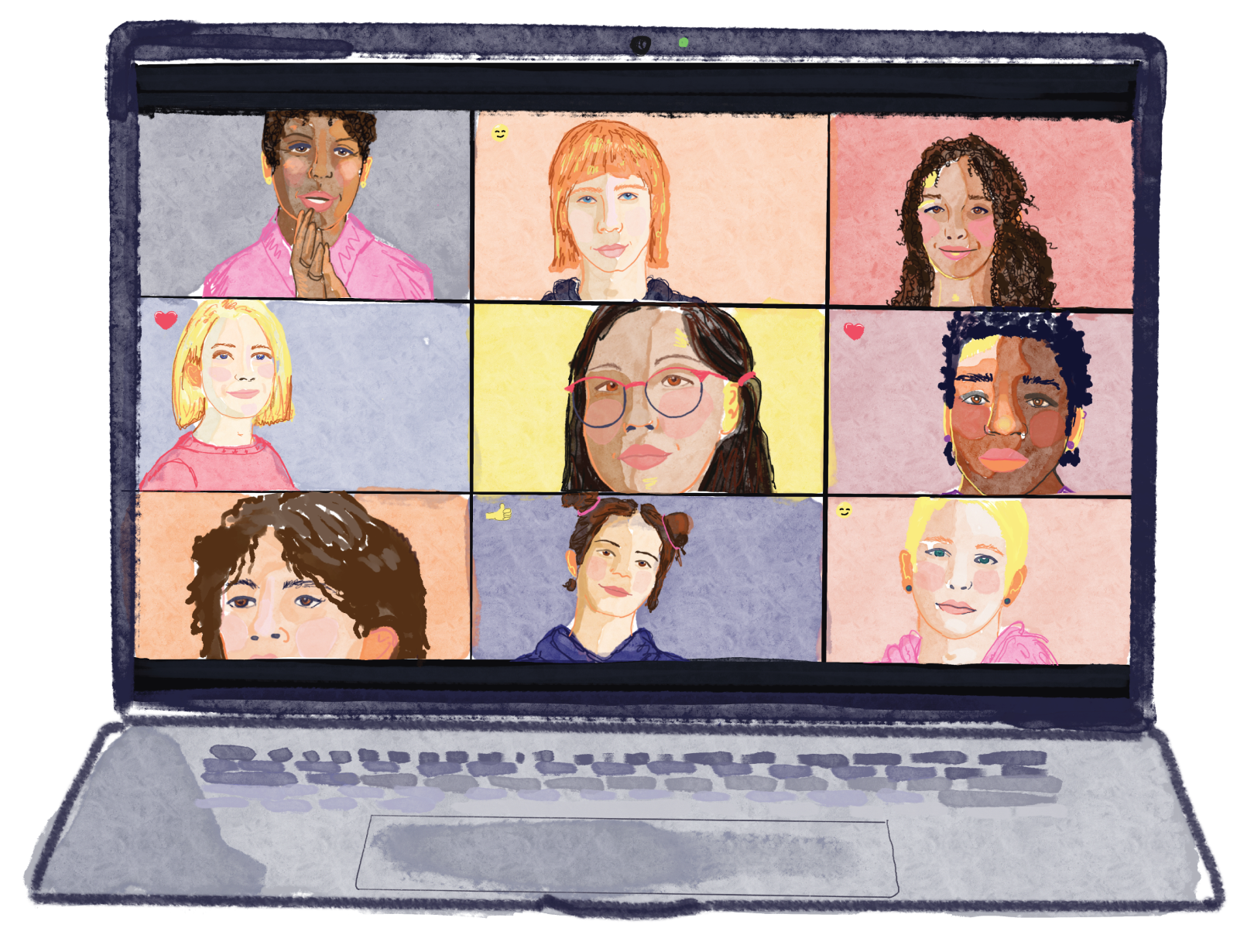Dissociative Disorder Treatment for Teens and Adults


Dissociative disorders are often trauma-related, which is why our curriculum at Charlie Health is trauma-informed. Fill out the short form below, or give us a call, to learn how we support people with dissociative disorders.

More than 90% of clients see improvements in their most severe mental health symptoms.
How are dissociative disorders diagnosed?
Dissociative disorders are diagnosed through a clinical interview, assessment of symptoms against DSM-5 criteria, and the use of psychometric tests like the Dissociative Experiences Scale. Clinicians also consider other co-occurring symptoms and assess how much all of them are affecting your daily life.
How does Charlie Health treat dissociative disorders?
Charlie Health takes an affirming approach to treating dissociative disorders, emphasizing respect, belief, and individualized care for every client.
We help clients feel more secure and stable by increasing co-communication between various parts of the host system, identifying triggers, and teaching ways to cope with past traumas.
At Charlie Health, we prioritize a trauma-informed clinical framework, as well, because dissociative disorders are often trauma-based. We are committed to integrating cutting-edge, trauma-informed methods into treatment to best support clients with dissociative disorders.

What are the best therapy options for dissociative disorders?
Internal family systems (IFS) therapy
IFS therapy focuses on understanding and working with different parts of an individual’s personality and inner experience. This approach can help individuals with dissociative disorders by addressing internal conflicts between these parts and establishing a strong and centered self. Through internal dialogue and healing, IFS aims to resolve conflicts between parts and process traumatic memories. Creating a safe and nonjudgmental environment is essential, along with teaching self-soothing and grounding techniques to manage distress.
Trauma-focused cognitive behavioral therapy (TF-CBT)
TF-CBT is a specific therapy designed to help people who have experienced traumatic events cope with trauma-related symptoms. While not typically the primary treatment for dissociative disorders, TF-CBT can still help address certain symptoms and co-occurring mental health issues. Specifically, TF-CBT helps those with dissociative disorders learn about trauma, manage emotions, change negative thoughts, stay grounded, and understand their experiences.
Dialectical behavior therapy (DBT) skills
DBT skills, initially developed for borderline personality disorder, are adaptable for various complex mental health conditions, including dissociative disorders. While not the primary treatment for dissociative disorders, DBT skills can complement specialized therapies. For those with dissociative disorders, DBT skills can improve mindfulness, emotion and crisis management, and identity perception.
Mental health conditions associated with dissociative disorders
Other related areas of care may include
How it works
Reach out
Call our Admissions Team 24/7 or fill out our quick online form to verify your insurance coverage and get started
Get matched
We’ll conduct a thorough assessment to create your personalized virtual treatment plan
Start healing
Meet your peers in groups and your primary therapist in as little as 24 hours
FAQs about Dissociative Disorders
See All FAQsWhat’s the definition of dissociative disorders?
Dissociative disorders are a group of mental health conditions characterized by a disconnection or fragmentation of one’s consciousness, identity, memory, or perception of reality. These disruptions in normal psychological functioning can lead to symptoms such as amnesia, identity confusion, and a sense of detachment from oneself or one’s surroundings.
What are the main signs and symptoms of dissociative disorders?
- Depersonalization: Feeling disconnected or detached from one’s own body, thoughts, emotions, or experiences.
- Derealization: Experiencing the external world as unreal, dreamlike, or distorted.
- Amnesia: Significant gaps in memory, which may be related to personal information, events, or periods of time.
- Identity confusion: A sense of not knowing who one is or having multiple, distinct identities or personality states.
- Emotional disturbances: Intense and often rapid changes in mood.
What are the main types of dissociative disorders?
- Dissociative identity disorder (DID): Formerly known as multiple personality disorder, DID is characterized by the presence of two or more distinct identity states that control a person’s behavior, consciousness, and memory. Each identity state may have its own unique traits, memories, and behaviors.
- Dissociative amnesia: This involves significant gaps in memory not explained by other medical conditions, often related to traumatic events or stressors.
- Depersonalization-derealization disorder: This disorder is marked by recurrent experiences of depersonalization (feeling detached from oneself) and derealization (feeling disconnected from or that the world is unreal or distorted).
- Other specified dissociative disorder (OSDD): This category includes dissociative disorders that don’t fully meet the criteria for the above three disorders but still involve significant dissociative symptoms.
- Unspecified dissociative disorder: This category is used when the symptoms and experiences of dissociation are present but do not fit the criteria for any specific dissociative disorder. It can be used for atypical dissociative disorder cases or for people who have dissociative symptoms but not to the extent required for a formal diagnosis.
How common are dissociative disorders?
Compared to many other mental health conditions, dissociative disorders are generally considered rare. Dissociative identity disorder (DID) and depersonalization-derealization disorder each affect around 1% of the population, at most. However, the conditions are likely underdiagnosed since the symptoms overlap with other mental health conditions.
What are the main causes of dissociative disorders?
- Trauma and abuse, including a history of severe trauma, childhood abuse, physical or sexual abuse, emotional neglect, or witnessing violence
- Disruptions in childhood attachment and development or a lack of a secure emotional bond with caregivers
- Genetics and family history
- Certain personality traits, such as a tendency to be highly suggestible or to engage in dissociative coping strategies, may increase vulnerability to dissociative disorders
- High levels of chronic stress or exposure to multiple stressors
*Analysis based on self-reported outcomes data from routinely discharged clients (Jan-June 2024) who had severe anxiety or moderately severe to severe depression at intake, and improvements at discharge.